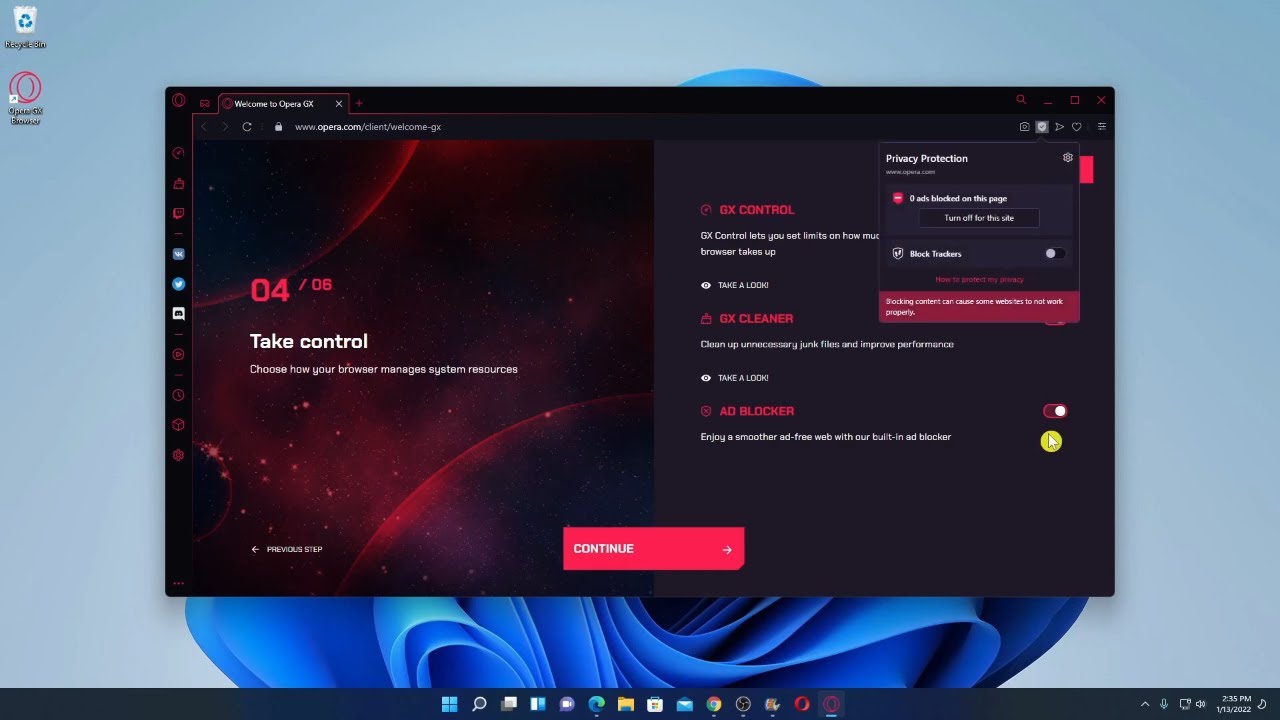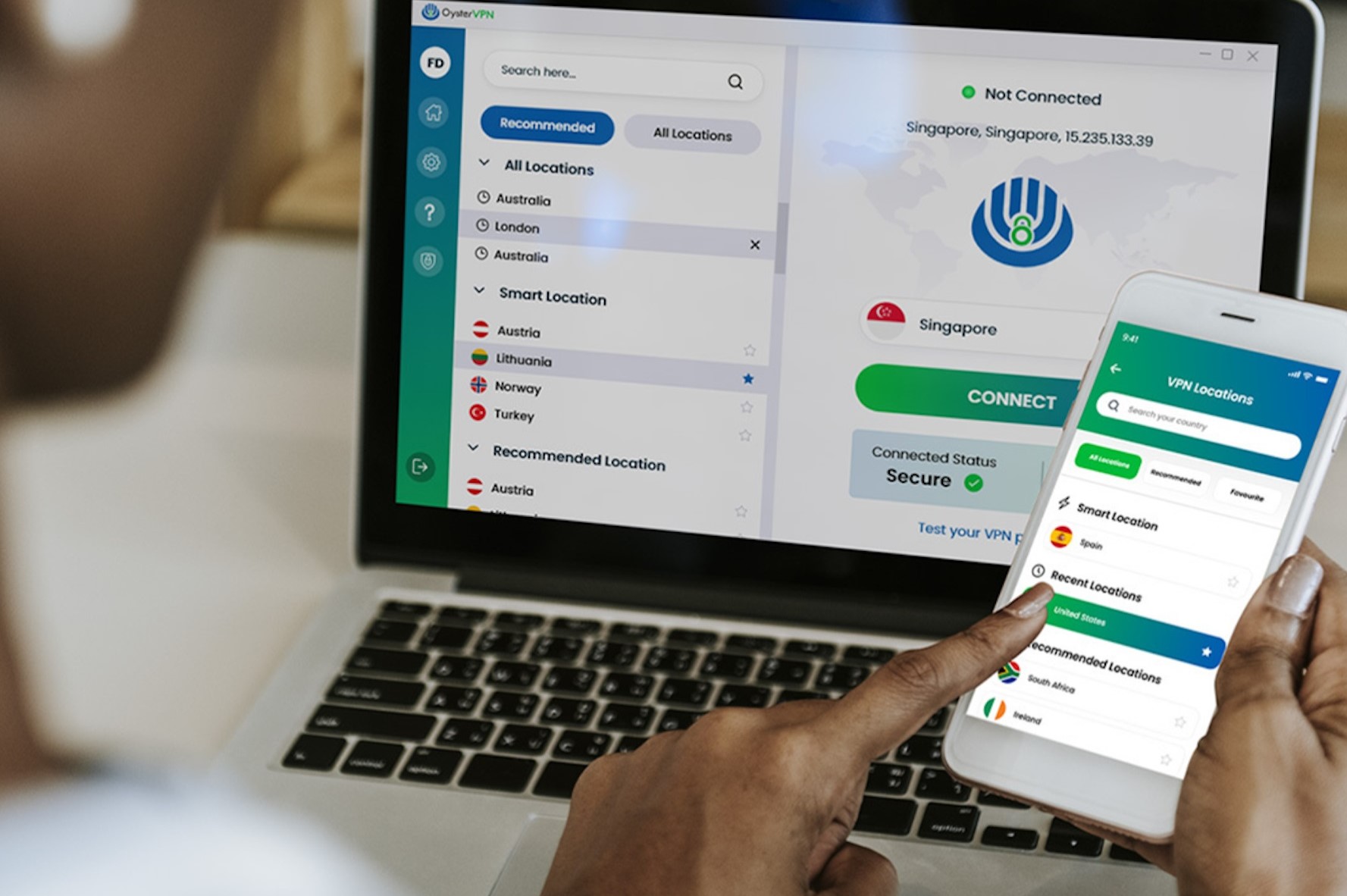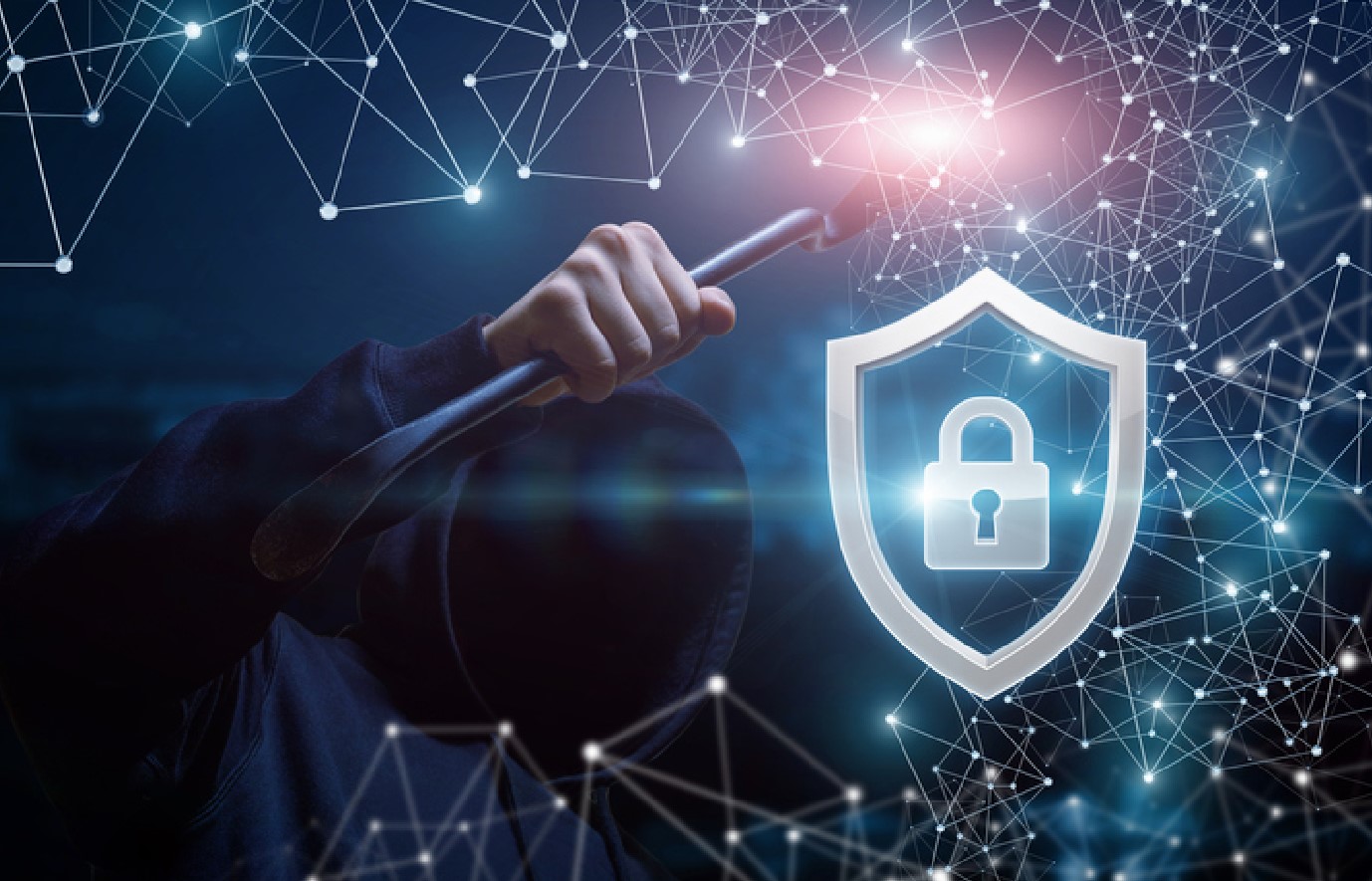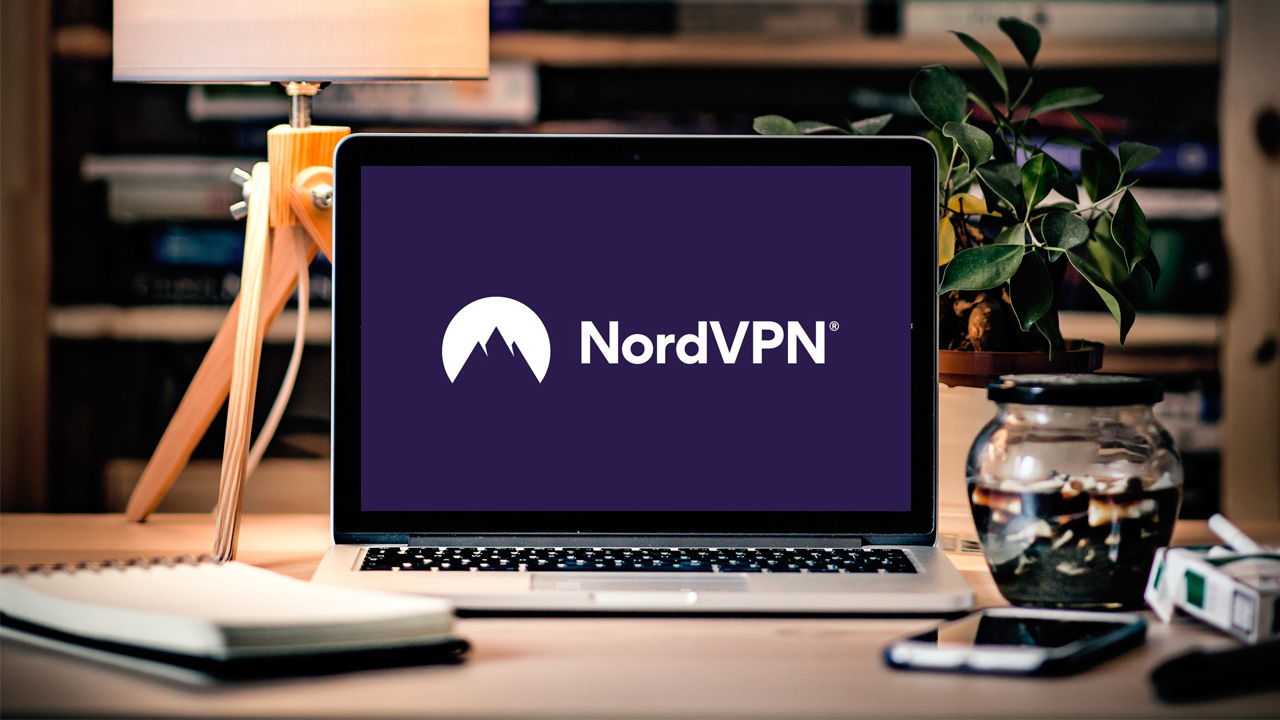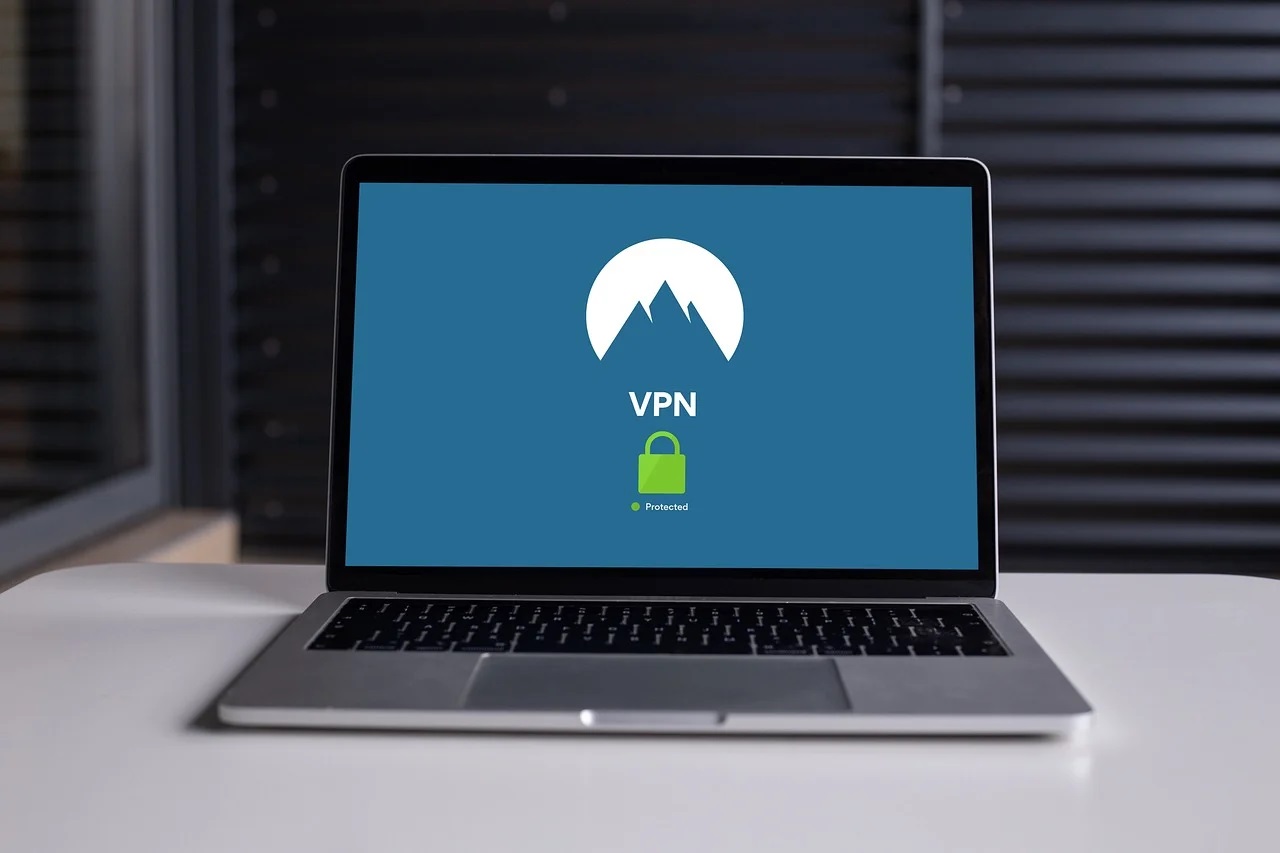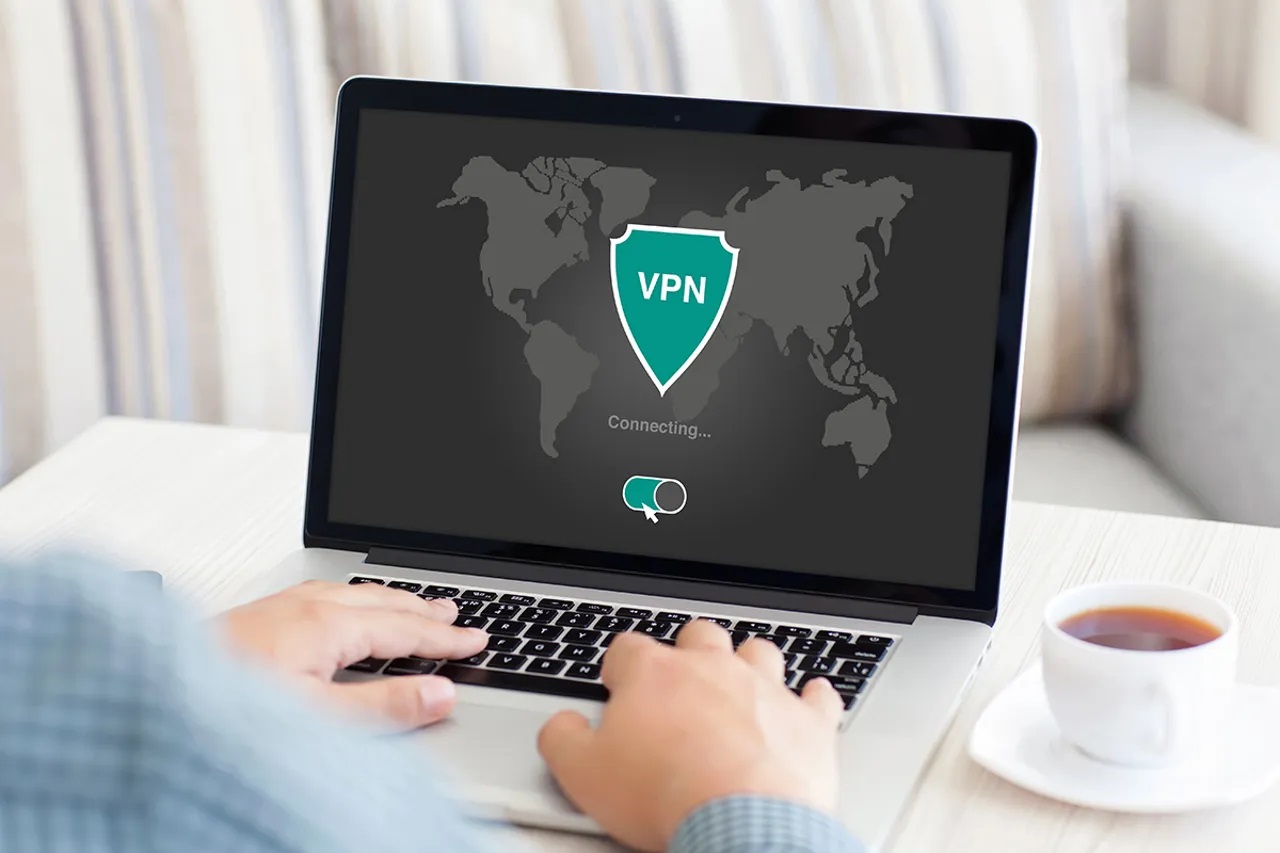Home>Software and Apps>The Power of VPN: Securing Your Online Privacy


Software and Apps
The Power of VPN: Securing Your Online Privacy
Modified: September 5, 2024
Protect your online privacy with the power of VPN software and apps. Stay secure and anonymous while browsing the internet. Discover the best VPN solutions today!
(Many of the links in this article redirect to a specific reviewed product. Your purchase of these products through affiliate links helps to generate commission for Techsplurge.com, at no extra cost. Learn more)
Table of Contents
Understanding VPNs
A Virtual Private Network (VPN) establishes a secure, encrypted connection between a user's device and the internet. By creating a private network over a public one, VPNs allow users to send and receive data across shared or public networks as if they were directly connected to a private network. This technology is crucial for individuals seeking both security and unrestricted access to the internet.
How VPNs Work
- Encryption: VPNs utilize robust encryption protocols to encrypt data, ensuring that it remains unreadable to unauthorized individuals. This safeguarding mechanism protects sensitive information, such as passwords, financial details, and personal data, from potential interception or hacking attempts.
- Anonymity: By masking the user's IP address and location, VPNs provide anonymity while surfing the web. This effectively prevents websites, advertisers, and even ISPs from tracking and profiling user activities.
- Wi-Fi Security: Public Wi-Fi networks are notorious for their vulnerabilities. VPNs encrypt data transmitted over these networks, preventing eavesdropping and safeguarding users against potential cyber attacks.
The Importance of VPNs in Securing Online Privacy
- Protection Against Cyber Threats: With over 2,200 cyberattacks occurring every day, VPNs serve as a protective shield against malicious hackers. By encrypting all internet traffic, VPNs ensure the security of sensitive information, making it difficult for hackers to intercept and exploit.
- Preventing Data Breaches: A significant portion of digital breaches arises from preventable human error. VPNs help mitigate this risk by encrypting data, thereby reducing the likelihood of sensitive information being compromised.
- Anonymity and Privacy: VPNs hide your IP address, making it difficult for anyone to trace your location or identify you online. This anonymity is crucial in today's digital landscape where personal data is often sought after by advertisers and malicious entities.
- Bypassing Geo-restrictions: VPNs enable users to overcome geographical limitations imposed on streaming platforms, social media, and other websites. By connecting to servers located in different countries, users can appear to be accessing the internet from those specific locations, granting them access to region-restricted content.
- Bypassing Censorship: In countries where internet censorship is prevalent, VPNs empower citizens to bypass government-imposed restrictions and access blocked websites or services. By encrypting their internet traffic, users can evade surveillance and enjoy unrestricted access to information.
What to Look for in a VPN
- Strict No-logs Policy: A strict no-logs policy ensures that the VPN provider does not collect or save any personal data. This is crucial for maintaining anonymity and ensuring that your online activities are not monitored.
- Robust Encryption: Choose a VPN provider that offers robust encryption protocols such as OpenVPN or WireGuard. These protocols ensure that your data is encrypted and remains unreadable to unauthorized individuals.
- Server Network: A VPN with a large and diverse server network provides better access to different regions and ensures improved performance. This is particularly important for users who need to access region-restricted content.
- Speed and Performance: While encryption is essential, it can sometimes impact internet speeds. Opt for a VPN provider with optimized infrastructure and high-speed servers to minimize the impact on your browsing experience.
- User-Friendly Interface: An intuitive and user-friendly VPN client ensures ease of use and a seamless experience. Look for providers with easy-to-use interfaces that do not require extensive technical knowledge.
- Customer Support and Reliability: Opt for a VPN provider with reliable customer support that can promptly address any concerns or issues. This is crucial for ensuring that you can resolve any problems quickly and efficiently.
Practical Applications of VPNs
- Public Wi-Fi Security: Public Wi-Fi networks are prime targets for hackers. Using a VPN when connecting to public Wi-Fi networks encrypts your connection, preventing hackers from monitoring your online activities.
- Home Network Security: Even at home, using a VPN can safeguard your online activities from your internet service provider. This is particularly important if you prefer not to disclose your online activities to your ISP.
- Traveling Abroad: When traveling abroad, using a VPN can help you access localized website versions or stream videos exclusive to certain regions. This is achieved by selecting a VPN provider with servers in different countries, allowing you to acquire a different IP address.
- Activism and Journalism: VPNs are also useful for activists and journalists who need to hide from government espionage. By encrypting their internet traffic, they can evade surveillance and maintain their anonymity.
Considerations When Choosing a VPN
- Privacy Policies: Always review the privacy policy of the VPN provider to ensure that they adhere to a no-logs policy and do not collect any personal data. Some VPNs may collect aggregated data for marketing purposes, which can conflict with their privacy claims.
- Tracker Detection: Use tools like Blacklight to detect third-party trackers on the VPN provider's website. This can help you identify if the VPN is collecting data from its users or visitors.
- Customer Reviews: Read customer reviews to understand the performance and reliability of the VPN provider. Look for reviews that mention issues with speed, customer support, and overall user experience.
- Server Locations: Consider the number and diversity of server locations offered by the VPN provider. A larger server network can provide better access to different regions and improve performance.
- Additional Features: Some VPNs offer additional features such as ad-blocking, malware protection, and kill switches. These features can enhance your overall online security and privacy experience.
Common Misconceptions About VPNs
- Speed Impact: One common misconception is that using a VPN significantly impacts browsing speed. While encryption does require additional time, most modern VPNs are designed to minimize this impact. Typically, a VPN might reduce your speed by about 5-10%.
- Tracking and Advertising: Some VPNs may collect data for marketing purposes, which can conflict with their privacy claims. Always review the privacy policy and check for trackers on the VPN provider's website to ensure that your data is not being collected.
- Blocking by Websites: Some websites may block VPN traffic due to the association of VPNs with illicit activities. However, this is more prevalent with free VPNs. Paid VPNs are generally less likely to be blocked by websites.
In an environment where privacy breaches and content restrictions are becoming increasingly prevalent, VPNs have become essential tools for safeguarding online privacy and accessing an unrestricted internet. Through data encryption, IP address concealment, and the ability to bypass geo-restrictions, VPNs offer a secure and versatile solution. When selecting a VPN, prioritize strong security measures, a diverse server network, and user-friendly features to ensure a smooth and protected online experience. By embracing the power of VPNs, you can regain control over your online privacy and explore the vast internet without fear of surveillance or censorship.

